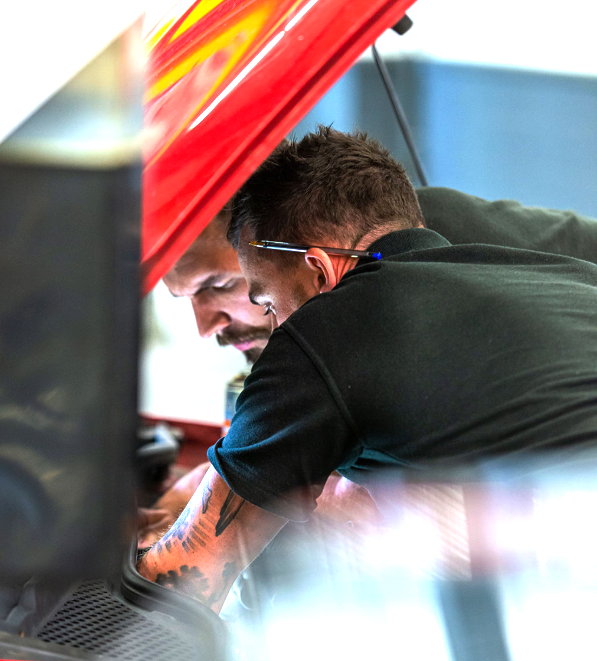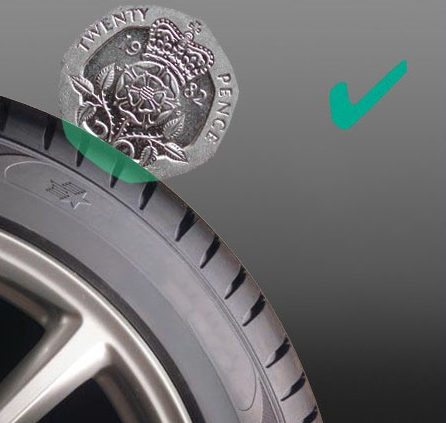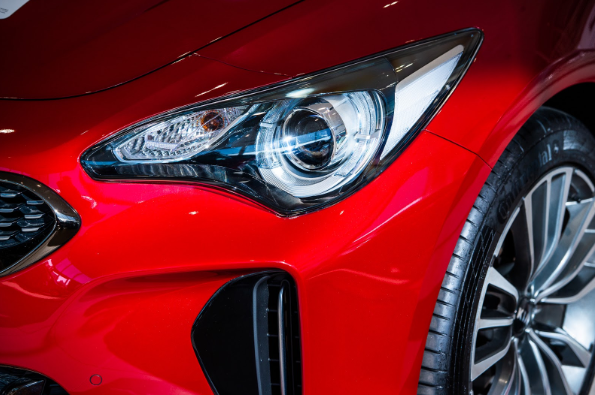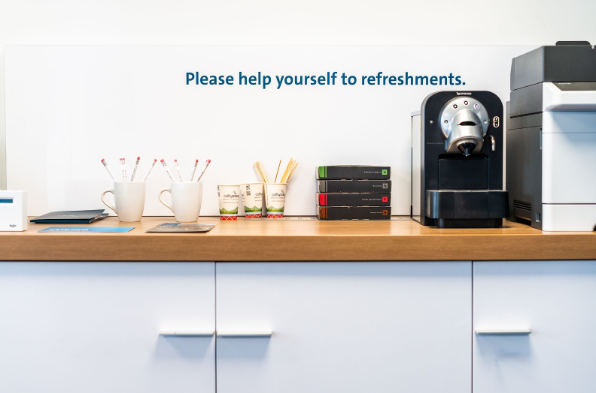10 Tips to be Winter Ready
So it’s that time of year again, temperatures are dropping quickly, the heating is on at home and the winter jumpers are making an appearance. Love it or hate it, winter is upon us - so the team here at Citygate has put together our top 10 tips to prepare your car for winter driving.
1. Go for a service
We get it, the hassle and cost of a regular service is something many of us will put off as long as possible, but being behind on regular services can cause issues arising that may have been preventable - saving you money in the long run.
Cold and wet weather has a bad habit of accelerating car issues, so if your service is due in the next 2 or 3 months then we highly recommend you take it to an approved garage for its service to ensure you are as safe as possible on the road.

2. Check battery
Most of us have been there, you turn the key on a cold winter day and your car doesn’t start - or at the very least struggles to! Well that's because one out of every five breakdowns are due to battery issues. With the cold temperatures and increased use of lights and heaters making your battery work twice as hard during the winter months, it is vital to take care of your battery.
Did you know that batteries have a life span of just 5 years? Thankfully there are some warning signs that your car battery is starting to fail:
-
Take notice if the engine is slow to start, or worse, doesn't start at all
-
Check battery light is illuminated
-
Check if you have Low/ no power for electrics inside the vehicle
If you experience any of these issues, or just want peace of mind, that battery is something you can check yourself. First you will need a battery tester - good ones can be found between £10-£20 online. Once you have one and have connected to your battery, you are looking for your fully charged battery to read 12.6 volts or above when the engine is off, or 13.7 to 14.7 volts if the engine.
Please take care when testing you battery, or take your car to a local approved garage if you rather a professional take a look.
3. Tyres
Ever wonder why some tyres are much more expensive than others? Well that's because car tyres determine 50% of a car's feeling and characteristics when you drive it which makes sense as those 4 rubber contact patches are the only part of a car connected to the roads surface.
So it is vital that your tyres are in good condition - particularly in the winter months when we all need all the grip we can get.
Citygate recommend a minimum of 3mm depth during the winter, compared to the legal minimum of 1.6mm, as this gives you better grip on the road. A quick test to see if you are above the legal limit is the use a UK 20p coin, if your tyres are deeper than the 20p border (see image below) then you are above the legal limit.
And for those of you who drive lots, you could also look at changing from summer to winter tyres, as these also offer increased grip in snow slush or ice.
We are also often asked if you should lower the PSI/inflation level in your tyres - in short the answer is no. Although it seems logical that a lower PSI would give you a larger contact patch, on snowy roads, particularly ploughed roads, the extra contact can make it harder to steer your car and on occasion make it harder for your car to cut through the snow.

4. Check your antifreeze
The job of antifreeze is to stop water in the engine’s cooling system from freezing. To test the effectiveness of your antifreeze, antifreeze testers are available for about £5. To use it, unscrew the coolant reservoir cap under your bonnet, lower the tube into the coolant and squeeze the rubber bulb on the end to suck some antifreeze inside the tester, giving you a reading.
5. Clean your lights
Often your headlights are a forgotten part of the car, after all you can see the light ahead, right? Well think of it like this, everytime you use your wipers to clear bugs and much away from your windscreen - that is a luxury your headlights are not seeing, so that muck will be building up on your lights as you drive (though some cars are fitted with light sprays/cleaners).
We recommend simply cleaning your lights with a cloth and warm water, but for particularly bad cases, where lights look murky and oxidised there is a hack - you can clean them with toothpaste! Yes you read that right, everyday toothpaste is not just great at keeping your teeth pearly white, but also doubles up as a great cleaning product.
You need a toothbrush, spray bottle, toothpaste (that features baking soda, if possible) and a cloth:
-
Rub toothpaste into the headlight cover using a toothbrush
-
Keep rubbing until you feel and see the headlight getting cleaner
-
Spray warm water onto the headlight and wipe away the toothpaste with a cloth
-
And that's it! You should now have translucent headlight covers once again!
Toothpaste… who knew!

6. Prepare for longer journeys
Taking a lesson from the British army, it’s worth remembering the 7 P’s before undertaking any journey - Proper Prior Planning Prevents Piss Poor Performance! So here our some pointers before heading out on any long journey this winter:
-
Ensure you have breakdown cover and all of the contact numbers on you or in your phone.
-
Keep a blanket in the boot of the car, crashes happen frequently in the winter and we want you to remain warm if you get stuck in a jam.
-
Keep some supplies in the car - food, water and emergency medication if required.
-
Have a breakdown kit - including jump cables, emergency puncture repair kit, first aid kit, torch and a rope.
-
Ice scraper
-
Means of charging your phone - either via the car itself or a powerbank.
-
Leaving in good time and keep others aware of your journey.
Remember: If you fail to plan, you plan to fail.
7. Add Weight
OK, we are not talking about having that extra helping at Christmas (though don’t let that stop you!) - but keeping some additional weight in the car may help you get around this winter - especially in hilly areas when it has been snowing.
This can be as simple as ensuring there is always at least ¼ tank of fuel in the car all the way to adding a bag of sand to the boot - which can double up as grip if you do get stuck, but is not great for your fuel consumption levels.
8. Use Screenwash
Screenwash is essential during the winter months to ensure you have full visibility. It won't freeze in your pipes and will help you out when de-icing your car in the morning. The was to water mix changes through the year, with a higher ratio of screenwash required during the winter months - so please check the instructions on your screenwash.
9. Know your limits
We all like to think we are the world's best drivers - but remember even Lewis Hamilton has been caught out and crashed due to tiredness - though that was in a £1.5million pagani Zonda.
Winter conditions take much more concentration to navigate, so if possible please speak up to others on your trip if the driving can be shared and take extra care in poor conditions.
10. Keep covered
For those of you who can, it is worth keeping your car in a garage or under a roof to give it some protection from the elements. This will not only mean you won’t be spending your time clearing the car of ice before you set off, but it will also help protect the mechanical parts to your car.
And for those who can't cover your cars, don’t start your car and then immediately rev it hard to get the air-conditioning up to temperature as this puts strain on your engine. Let the engine warm up naturally, which will help protect your engine.
For drivers of EVs, protect your vehicle’s range by pre-heating the car while it is still plugged in, and then use seat heaters if available to keep you warm, as these are a more efficient heating method than the car trying to warm up all the air.
We hope these tips help you this winter, and if you want to escape the cold this winter then we have a hot coffee waiting for you at all of our Citygate dealerships.
